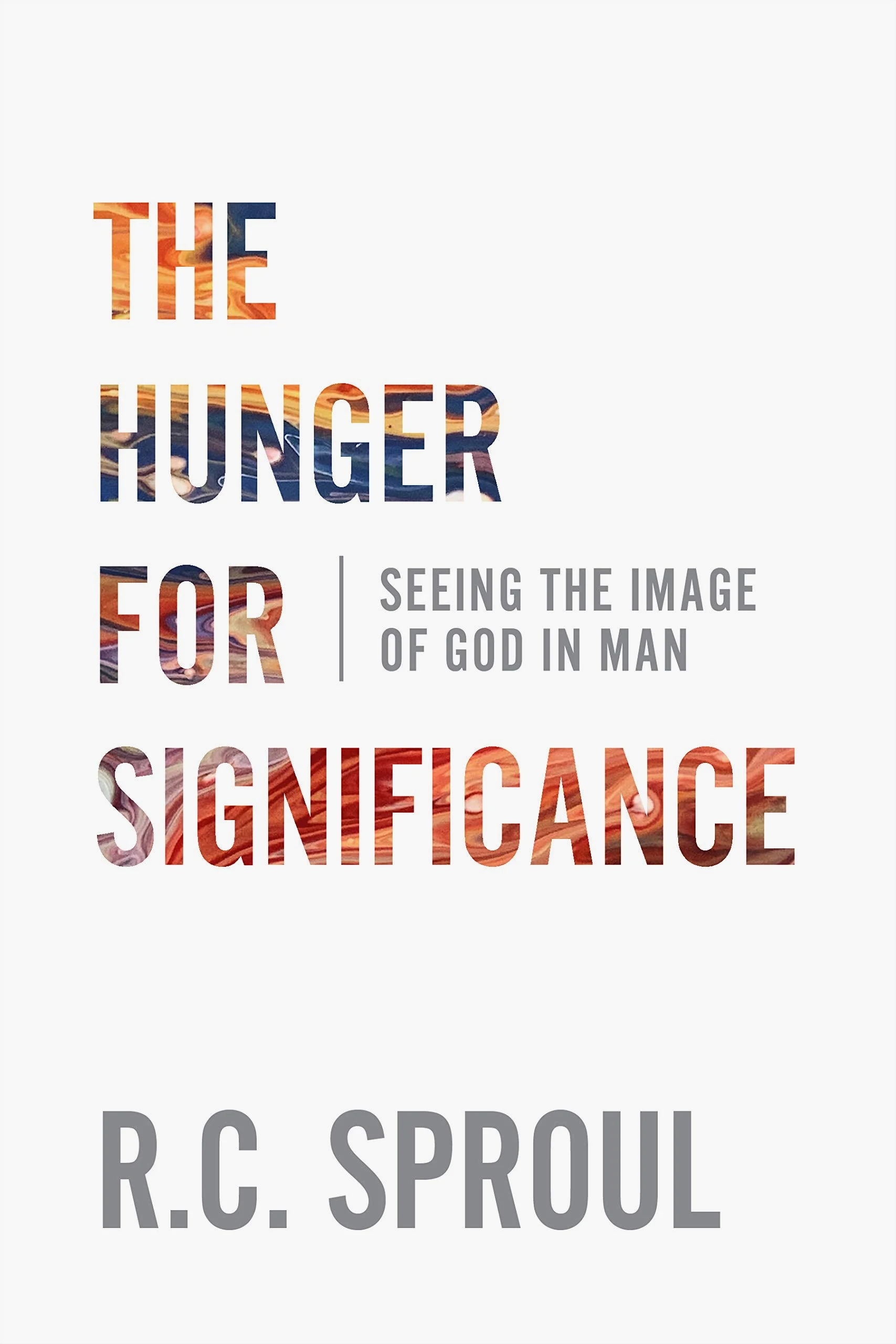Dignity, Faith, & Work

Charles Dickens began A Tale of Two Cities with the immortal lines: “It was the best of times, it was the worst of times.” These words sound like a contradiction, dissonant to the ear, harsh to the brain. How could the times be both best and worst?
Before Charles Dickens ever picked up a pen, the French mathematician, philosopher, and writer Blaise Pascal had made use of the paradox. For Pascal, man himself is the crowning paradox of all creation. He said that we are at the same time the creatures of highest grandeur and lowest misery. The paradox is that we can think, an ability which is a two-edged sword. That we can contemplate ourselves is our grandeur. The misery comes when we contemplate a better life than we now enjoy and realize we are unable to make it happen. We have just enough knowledge to escape the bliss of ignorance. Translated into daily realities, this means that a person with enormous wealth can conceive of yet more wealth, power, prestige, health, fame—all things can be increased or improved. But consider that person who commands such a vast amount of money, yet who suffers from ill health or grieves over the death of a loved one. Ultimately, human dignity is built on the conviction that someone is up there who made us. Behind human dignity is theology.
I was addressing the top executives of a Fortune 500 corporation. It was a small group composed of regional vice presidents and the president and chairman of the board. The surroundings exuded an ambiance of power and prestige. The patrician audience was a bit nervous about my mixing “religion” and business as I spoke. When the seminar was near completion, the chairman of the board became excited as his eyes lit up in understanding. “Let me see if I can connect what you’re saying. What I hear is that our business life is affected by how we treat people. How we treat people is a matter of ethics. Ethics are determined by our philosophy. Our philosophy reflects our theology—so respecting people is really a theological matter.” In simple terms, the chairman was expressing what Dostoevsky meant when he said, “If there is no God, all things are permissible,” or Sartre was driving at when he said, “Man is a useless passion.”
These are statements about human dignity, and they touch the auto worker, the coal miner, the newspaper reporter, and the insurance salesman. If nobody is at home in heaven, then the labor of the corporate executive and the labor of the janitor are equally useless. Some seek to sidestep the dilemma by skirting the issue with the artful dodge of compromise. The humanist rejects God while affirming loudly the value of people. He joins hands with Christians and Jews to march for human rights, to eliminate slavery, to halt the oppression of the poor, to build hospitals that care for men and women in misery. He exalts the virtues of honesty, justice, and compassion, but he must crucify his mind to do it. For the humanist is caught in the vicious contradiction of ascribing dignity to creatures who live their lives between the poles of meaninglessness. He lives on borrowed capital, deriving his values from the Judeo-Christian faith, while at the same time repudiating the very foundation upon which these values rest. He is still looking for someone else up there to help him, but no answer comes. His assigning of value to man is utterly gratuitous, based not on reason but on preference and preference alone.
We must ask the humanist some harsh and difficult questions: Why should we care at all about the plight of insignificant grown-up germs? What difference does it make if the white germs subjugate the black germs and make them sit at the back of the bus? Who cares if meaningless blobs of protoplasm are exploited in a steel mill or robbed in the halls of justice?
Oh, you say, the black germs care and the little blobs of protoplasm cry out. Again, I say, “So what?” A creature with no ultimate value, one who is ultimately insignificant, is not worth any sacrifice. Tell it to the idiot, as he alone can live with empty sound and fury. If man is valueless, then we can all sleep in tomorrow morning.
Apart from hard-boiled skeptics, few of us respond to humanism in such fashion. We follow sentimentality and accept the humanist’s happy inconsistency. We too are human and we are often content to let the humanist retain the cake he has already eaten. We applaud his magic feat of having a world come from nothing, like the rabbit out of the hat. We stare in wonder at his ability to get being from nothingness, dignity from insignificance, personality from impersonality; and we marvel at the humanist’s ability to stand firmly with both feet planted in midair.


